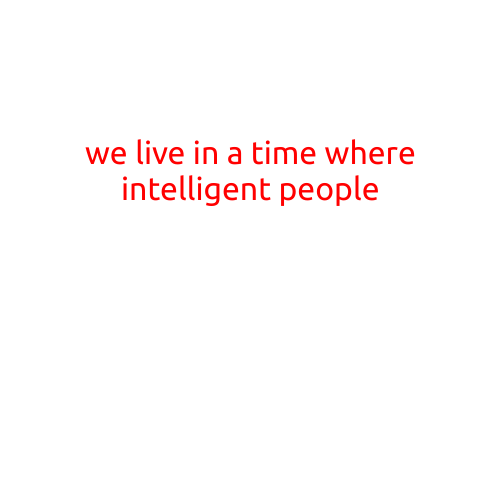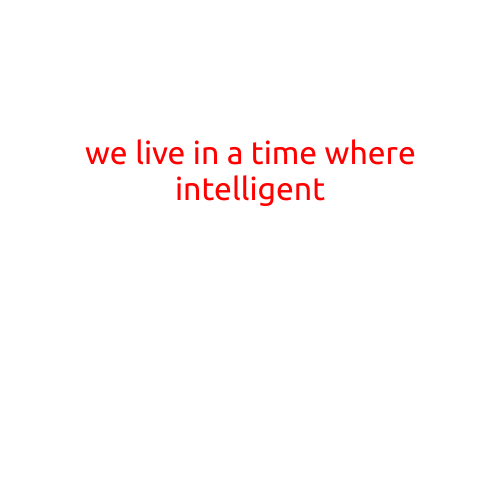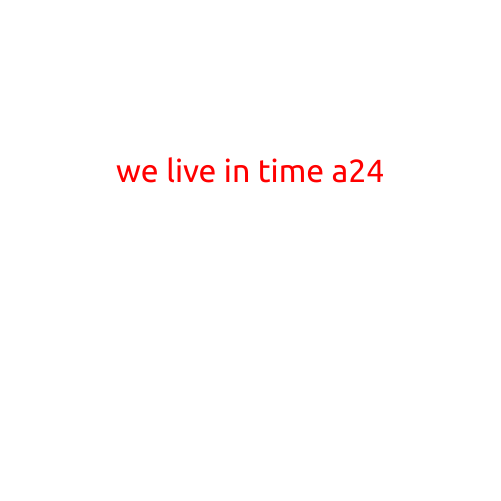
We Live in a Time Where Intelligent People are Judged for Their Authenticity, Not Their IQ
In today’s society, being intelligent is often associated with being book-smart, able to recall complex formulas and equations, or possessing a high level of academic achievement. However, this narrow definition of intelligence overlooks a crucial aspect - emotional intelligence. We live in a time where intelligent people are not only judged for their cognitive abilities but also for their authenticity, empathy, and ability to connect with others.
The problem lies in the fact that traditional measures of intelligence, such as IQ tests, focus primarily on logical reasoning and verbal abilities. These measures often fail to account for the creative, social, and emotional aspects of intelligence that are vital in real-world situations. As a result, individuals who excel in these areas are often overlooked or undervalued.
The value placed on traditional intelligence has led to the rise of competition and elitism in various fields. In academia, students are pitted against each other to achieve higher grades, while in the workplace, employees are judged by their ability to produce results quickly and efficiently. This creates a culture of cutthroat competition, where individuals are encouraged to prioritize their own interests over the well-being of others.
This narrow definition of intelligence also perpetuates a culture of conformity. People are often encouraged to fit into predetermined molds, suppressing their unique perspectives and talents in the process. Creativity, which is essential for innovation and progress, is often stifled by the pressure to conform.
Furthermore, the emphasis on traditional intelligence has led to a lack of diversity in various fields. A recent study found that only 21% of engineering Ph.D. holders in the United States are women, and that women of color are underrepresented in these fields by a significant margin. This lack of diversity not only limits our ability to tackle complex problems but also deprives us of the unique perspectives and experiences that can lead to breakthroughs.
In contrast, a more holistic approach to intelligence recognizes the value of emotional intelligence, creativity, and empathy. This approach acknowledges that intelligence is not limited to academic achievement or cognitive abilities, but also encompasses social skills, self-awareness, and the ability to form meaningful connections with others.
In conclusion, we live in a time where intelligent people are judged not only by their cognitive abilities but also by their authenticity, empathy, and ability to connect with others. It is essential that we move away from a narrow definition of intelligence and recognize the value of emotional intelligence, creativity, and diversity. By doing so, we can create a society that values collaboration over competition, creativity over conformity, and the well-being of individuals over the pursuit of success.
Key Takeaways:
- Traditional measures of intelligence often fail to account for emotional intelligence, creativity, and social skills.
- The emphasis on traditional intelligence perpetuates a culture of competition and elitism.
- A more holistic approach to intelligence recognizes the value of emotional intelligence, creativity, and diversity.
- By recognizing the value of emotional intelligence and creativity, we can create a society that values collaboration, creativity, and the well-being of individuals.





